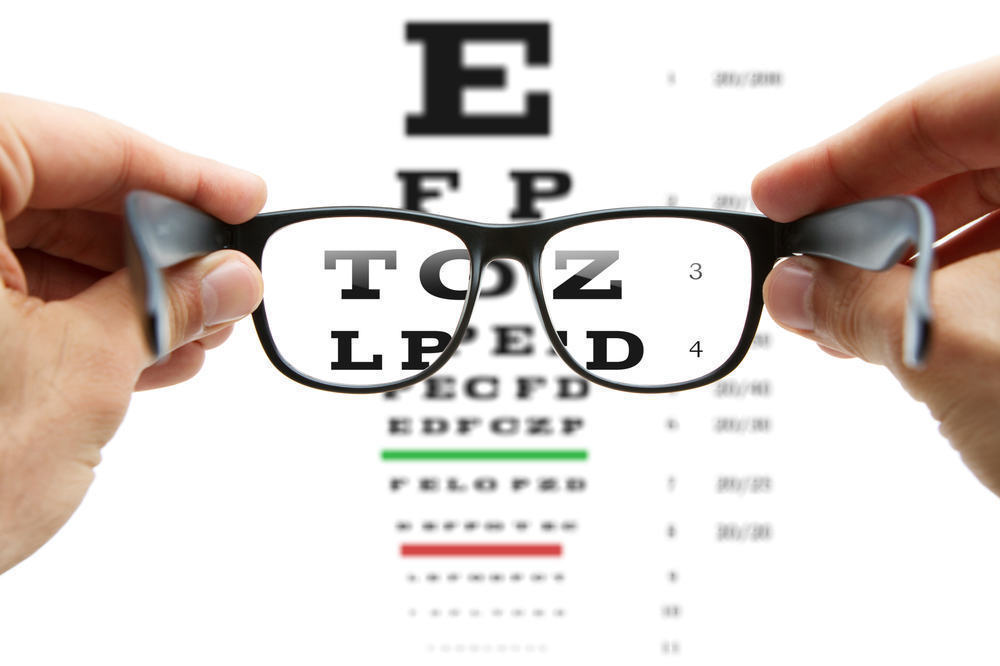Contents:
- Medical Video: Statins for Healthy Individuals
- Side effects of statins on the risk of Parkinson's disease
- Do all statin groups increase the risk of Parkinson's disease?
- How can statins increase the risk of Parkinson's disease?
- So, can people with high cholesterol take statins?
Medical Video: Statins for Healthy Individuals
Statins are a class of drugs commonly used to reduce levels of bad cholesterol (LDL) in the blood and are often prescribed for patients at risk for heart disease. Many people are worried about the side effects of statins. Because, there is an issue that statins can increase the risk of Parkinson's disease.
Previously, statins were believed to be able to prevent the onset of neurodegenerative diseases in the brain such as Parkinson's disease, but these conclusions were still inconsistent.
Parkinson's disease is a neurological problem characterized by tremors, movement disorders, impaired balance or coordination, and muscle stiffness.
Side effects of statins on the risk of Parkinson's disease
A recent study led by Dr. Xuemei Huang, Ph.D, professor of neurology in America, evaluated data on more than two thousand patients who had just been diagnosed with Parkinson's disease. Every patient with Parkinson's disease is then paired with one person of the same age and sex but without Parkinson's disease.
Then, the researchers separated patients using statin cholesterol drugs and determined the duration of statin use before Parkinson's symptoms first appeared. From here, the researchers found that statin drug use was associated with a higher risk of Parkinson's disease. Therefore, the researchers concluded that Parkinson's disease could be one of the side effects of statins.
Do all statin groups increase the risk of Parkinson's disease?
Statin associations with an increased risk of Parkinson's disease are greater in the use of lipophilic statins that are fat soluble. Most statins are lipophilic, for example, such as atorvastatin, fluvastatin, lovastatin, cerivastatin, and simvastatin.
The fat-soluble statin group can spread more widely to various body tissues and can enter brain tissue, while water-soluble statins cannot enter brain tissue. Chances are you experience one of the side effects of fat-soluble statins, namely Parkinson's disease, can increase by 58 percent compared to people who have never used this cholesterol drug.
How can statins increase the risk of Parkinson's disease?
Some studies from experts say that high cholesterol levels can actually prevent the appearance of Parkinson's disease. While statins can eliminate this effect because of its usefulness, which is treating or lowering cholesterol levels in the blood.
Another possibility is that statins not only reduce cholesterol levels, but also reduce the synthesis of coenzyme Q10 which produces energy for cells and can protect nerve cells. Therefore, your nerve cells become more susceptible to diseases such as Parkinson's.
So, can people with high cholesterol take statins?
For now, prevention of heart disease and stroke is a priority. So, if you are in a group that is at high risk for the disease, you should continue to take cholesterol-lowering medications that your doctor prescribes regularly.
The results of the study did not encourage patients to stop taking statins intended to prevent heart disease and stroke. However, statins also should not be taken for the purpose of preventing Parkinson's disease as found in previous studies. Everyone has the risk of heart disease and stroke, so everyone must consider the benefits and disadvantages of taking statins.
If you feel the side effects of statins, immediately consult your doctor.













